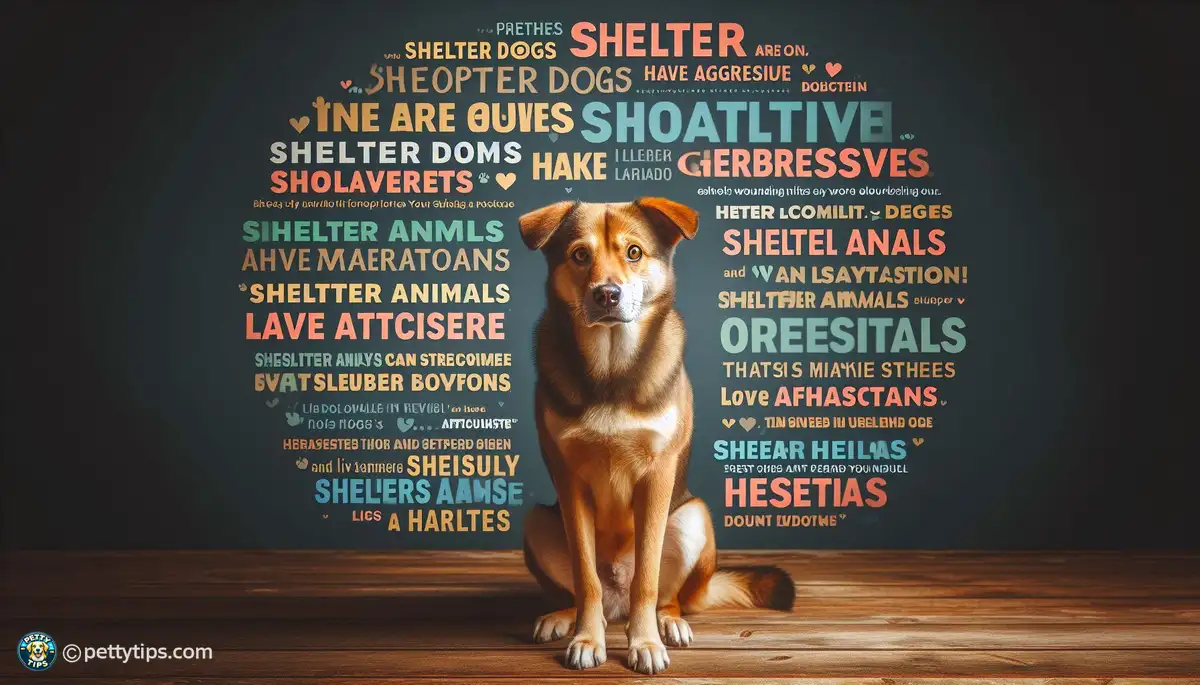
Heartwarming Pet Adoption Stories That Will Melt Your Heart
Michael Enright - Oct 24, 2024 - 9 min read


shelter animals often carry an undeserved stigma of behavioral issues. People assume that if a pet is in a shelter, there must be something wrong with them. This misconception can lead to missed opportunities for wonderful adoptions. The truth is, many animals end up in shelters due to circumstances beyond their control, such as their owners moving or financial difficulties. It's unfair to generalize that all shelter animals have behavioral issues because each animal has a unique story.
Another common misconception is that behavioral issues in shelter animals are permanent and cannot be resolved. While some animals may require extra patience and training, many behavioral problems can be addressed with the right approach. With love, consistency, and positive reinforcement, shelter animals can often overcome their past experiences and thrive in their new homes. It's important for potential adopters to understand that they can make a difference in an animal's life by providing a nurturing environment.
There's a prevailing belief that shelter animals, especially those from unknown backgrounds, are inherently aggressive. This misconception often stems from fear and misinformation. In reality, the majority of shelter animals are friendly and eager to bond with humans. Aggression is usually a result of fear or lack of socialization, rather than an innate trait. By taking the time to understand an animal's history and providing proper training and socialization, adopters can help them overcome any fear or anxiety they may have.
One common misconception about older shelter animals is that they cannot adapt to new environments as easily as younger animals. While it's true that older animals may take longer to adjust to change, they are often more resilient than we give them credit for. With patience and understanding, older animals can learn new routines and form strong bonds with their adoptive families. Many older animals have years of love and companionship left to give, making them wonderful additions to any home.
Another misconception is that older animals are set in their ways and cannot be trained. While it may take more time and patience to teach an older animal new tricks, they are certainly capable of learning. Older animals often have the advantage of being calmer and more focused than their younger counterparts, making them excellent candidates for training. With positive reinforcement and consistency, older animals can learn new behaviors and skills, enriching their lives and the lives of their adopters.
Some people believe that older animals are less energetic and playful than younger animals, making them less desirable as pets. While it's true that older animals may not have the same level of energy as puppies or kittens, they still enjoy activities and playtime. Many older animals are content with leisurely walks, cuddle sessions, and relaxing in the sun. Adopters looking for a more laid-back pet will find that older animals can be just as loving and enjoyable as their younger counterparts.
One of the most pervasive myths about black shelter animals is that they are unlucky or bring bad luck to their owners. This superstition has led to black animals being unfairly overlooked in shelters, despite their wonderful personalities. The color of an animal's fur has no bearing on their personality or behavior, yet many people still believe in this outdated superstition. It's important for potential adopters to look beyond the color of an animal's fur and focus on their individual traits and characteristics.
Another misconception about black shelter animals is that they are more aggressive than animals of other colors. This stereotype is not only untrue but also harmful, as it perpetuates negative stereotypes and leads to discrimination against black animals. Aggression is not determined by the color of an animal's fur but rather by their individual temperament and experiences. By taking the time to get to know a black shelter animal, potential adopters may be pleasantly surprised by their sweet and loving nature.
Some people believe that black shelter animals are less photogenic than animals of other colors, making them harder to adopt out. While it's true that black animals may be more challenging to photograph, their beauty shines through in person. Black animals have a timeless elegance and sophistication that is truly captivating. With the right lighting and angles, black animals can be just as photogenic as animals of any other color. It's important for shelters to showcase the unique beauty of black animals and dispel the myth that they are less desirable because of their color.